Large-scale food fortification: building the business case for the private sector
Large-scale food fortification (LSFF) has proven to be one of the most cost-effective ways to address malnutrition. However, while the case for society has been made clear, the business case for the private sector has not. In a context of limited enforcement of fortification standards in LMICs, many food processors still choose not to comply. They put forward issues of technical feasibility, operational complexities and costs. The two first points are increasingly covered by government and donor-funded programs, as well as industry alliances. The latter, costs, is less well understood. To what extent does the LSFF business case for food producers need to be strengthened, and how?
Based on our experience working with 15 global and local food processors and on research into key support programs for LSFF, this white paper dives into the economic drivers behind food processors’ behaviors and shares 3 main recommendations that could help strengthen private sector engagement for LSFF and raise food processors’ ability to comply with standards:
Create the conditions for a constructive dialogue between public and private sector on fortification standards, by increasing transparency of the corresponding costs
Fortify the business case, by optimizing costs and enhancing benefits
Build sustainable initiatives involving the private sector to support government enforcement
Webinar 2 - Fortifying the business case for the private sector and building long-term compliance

